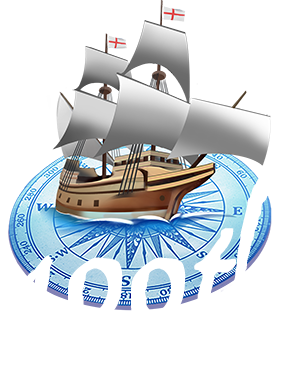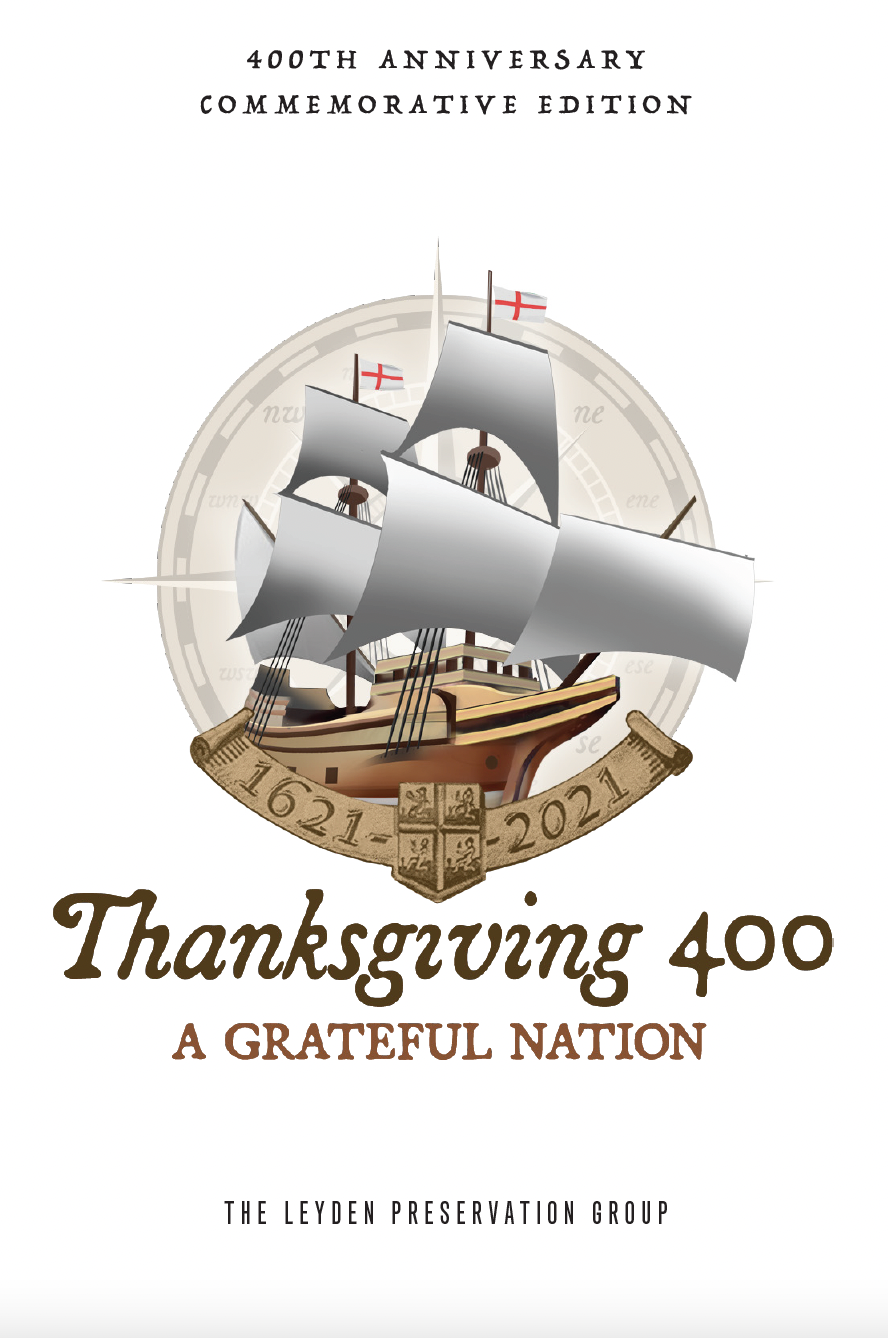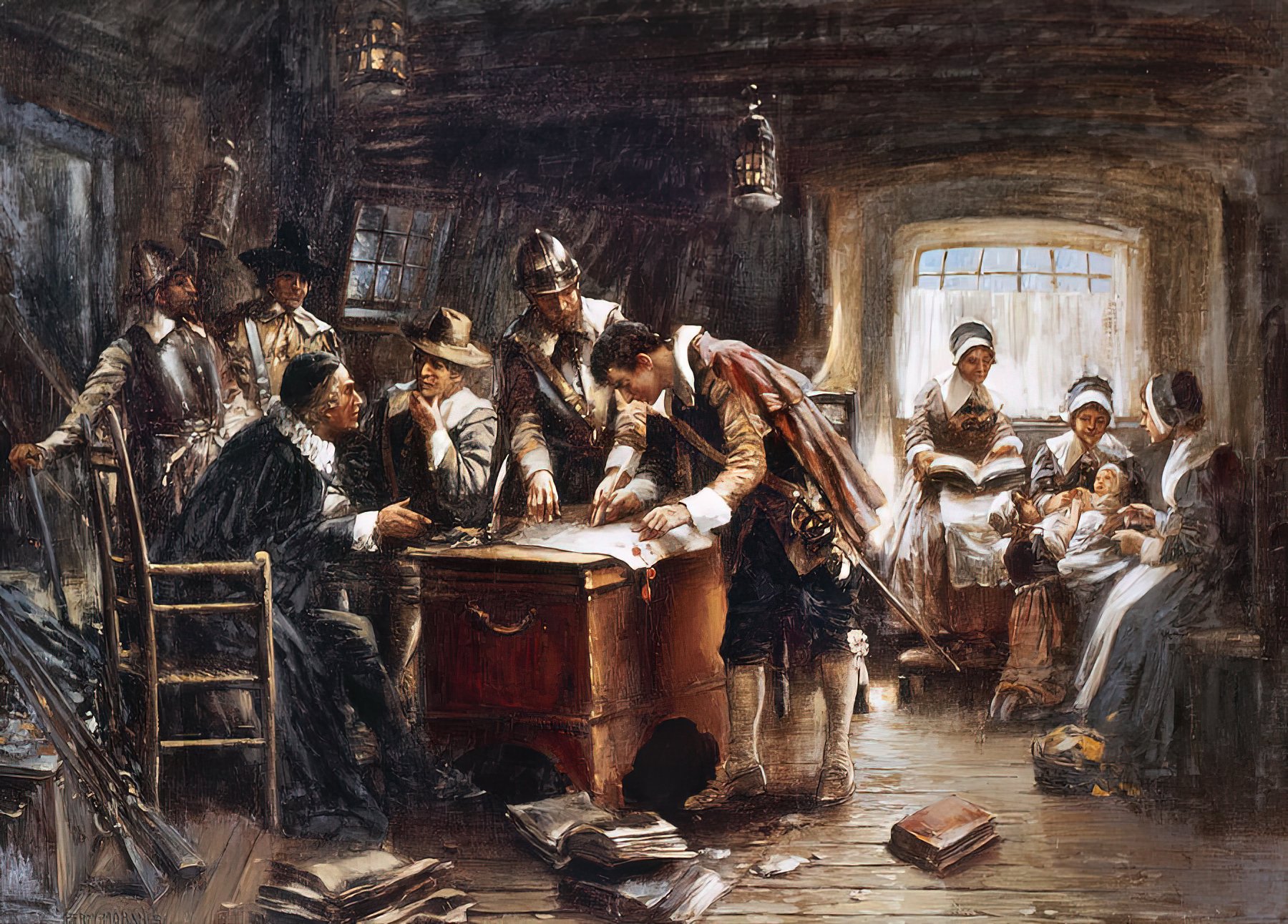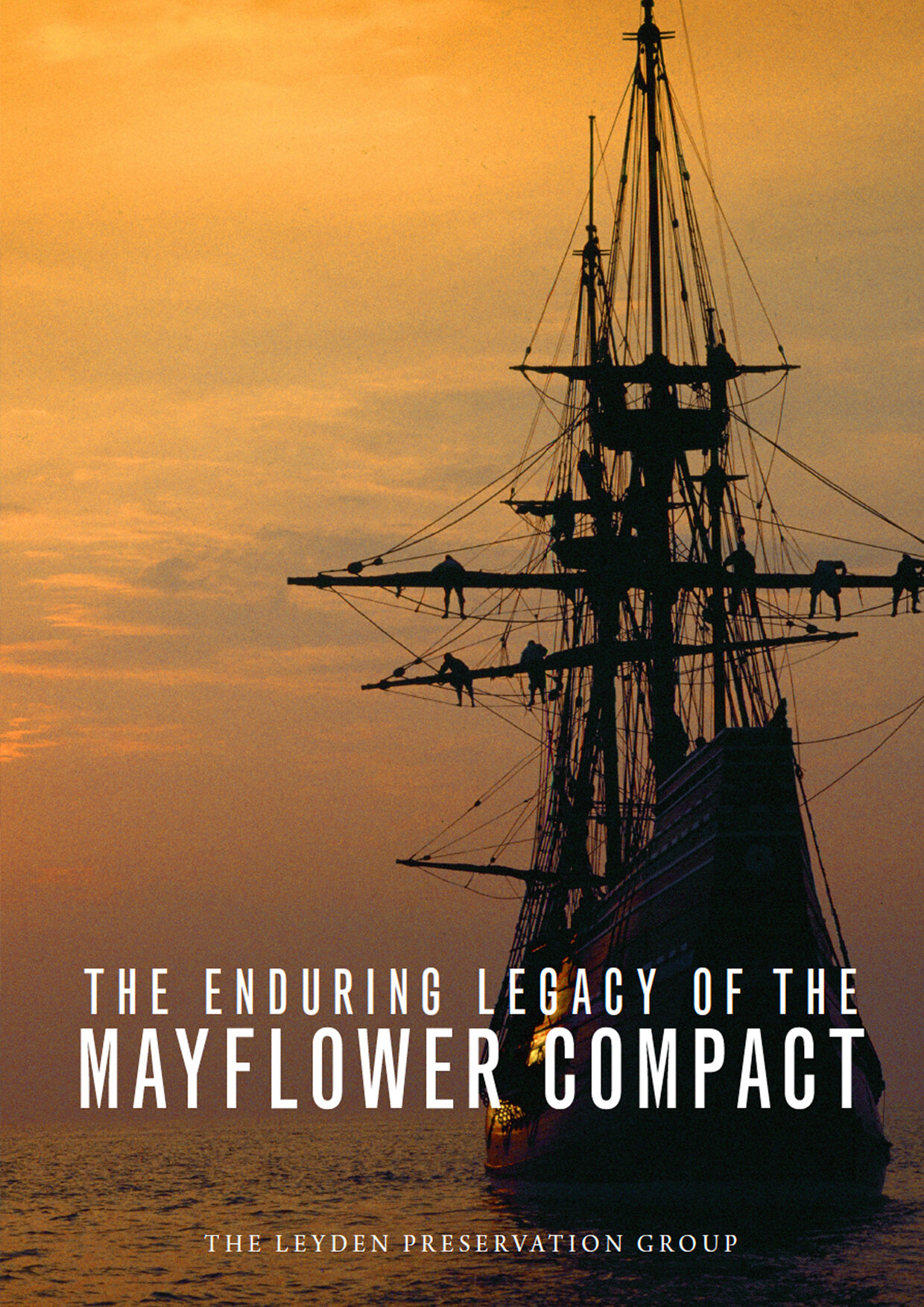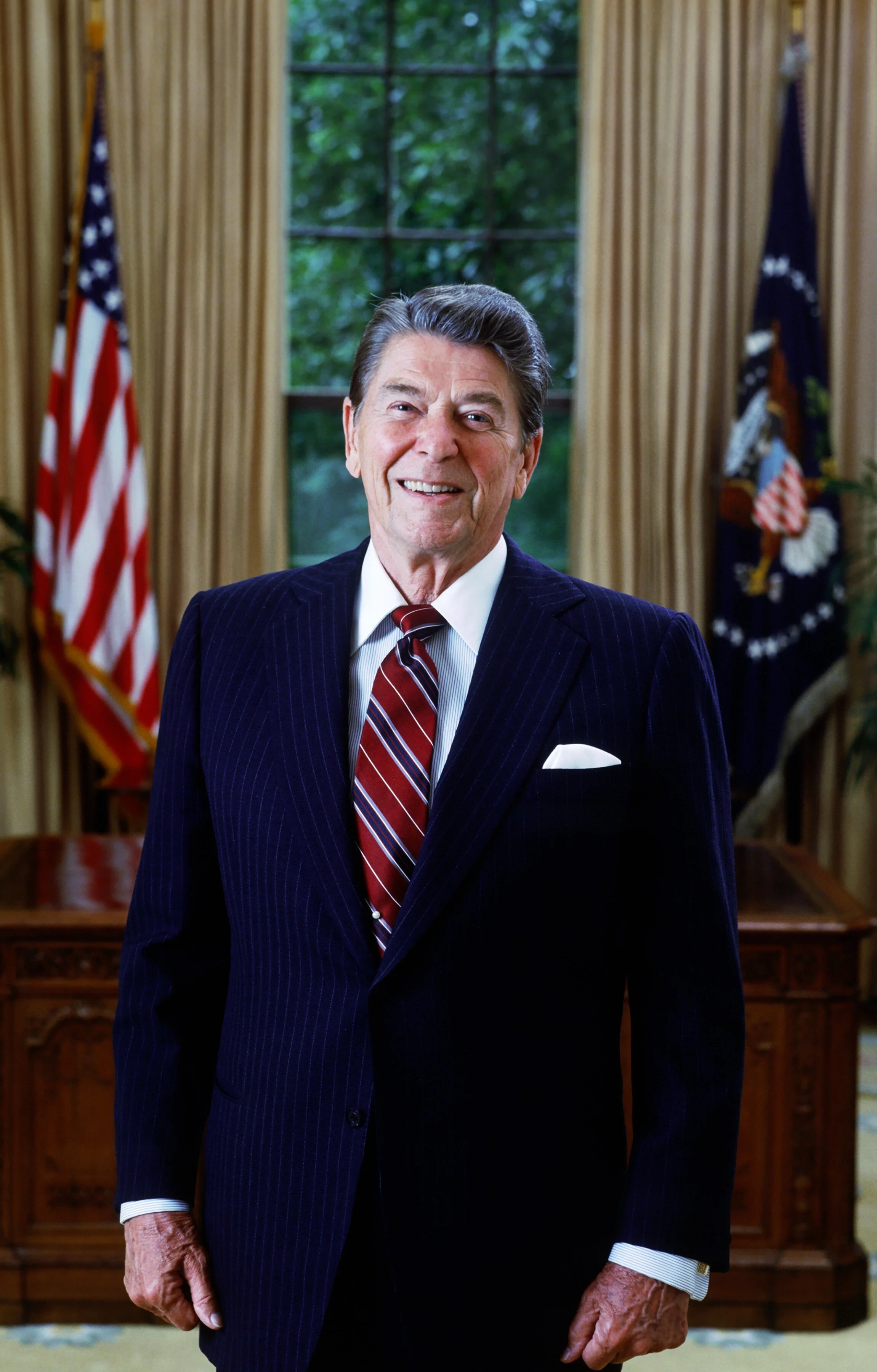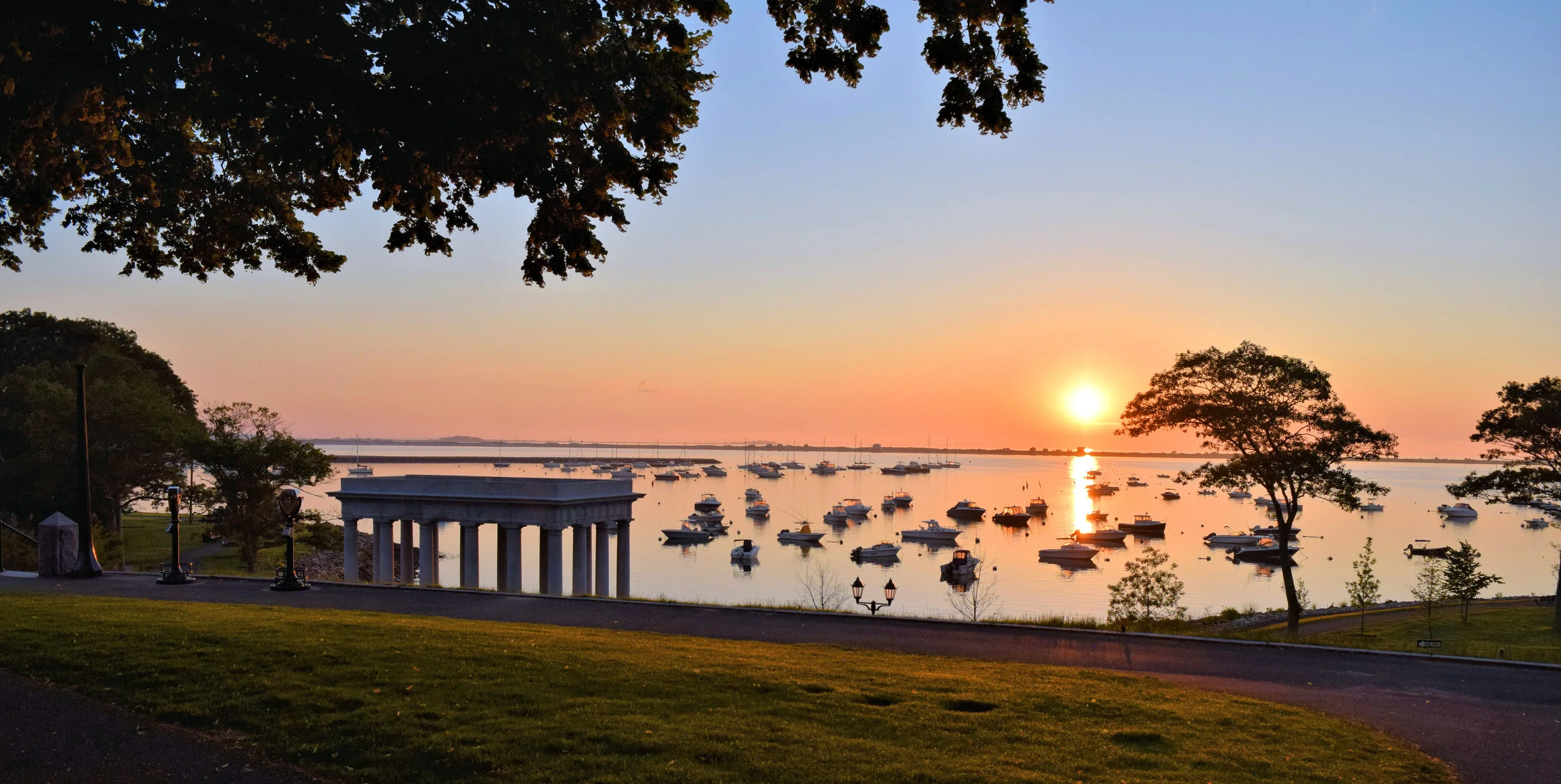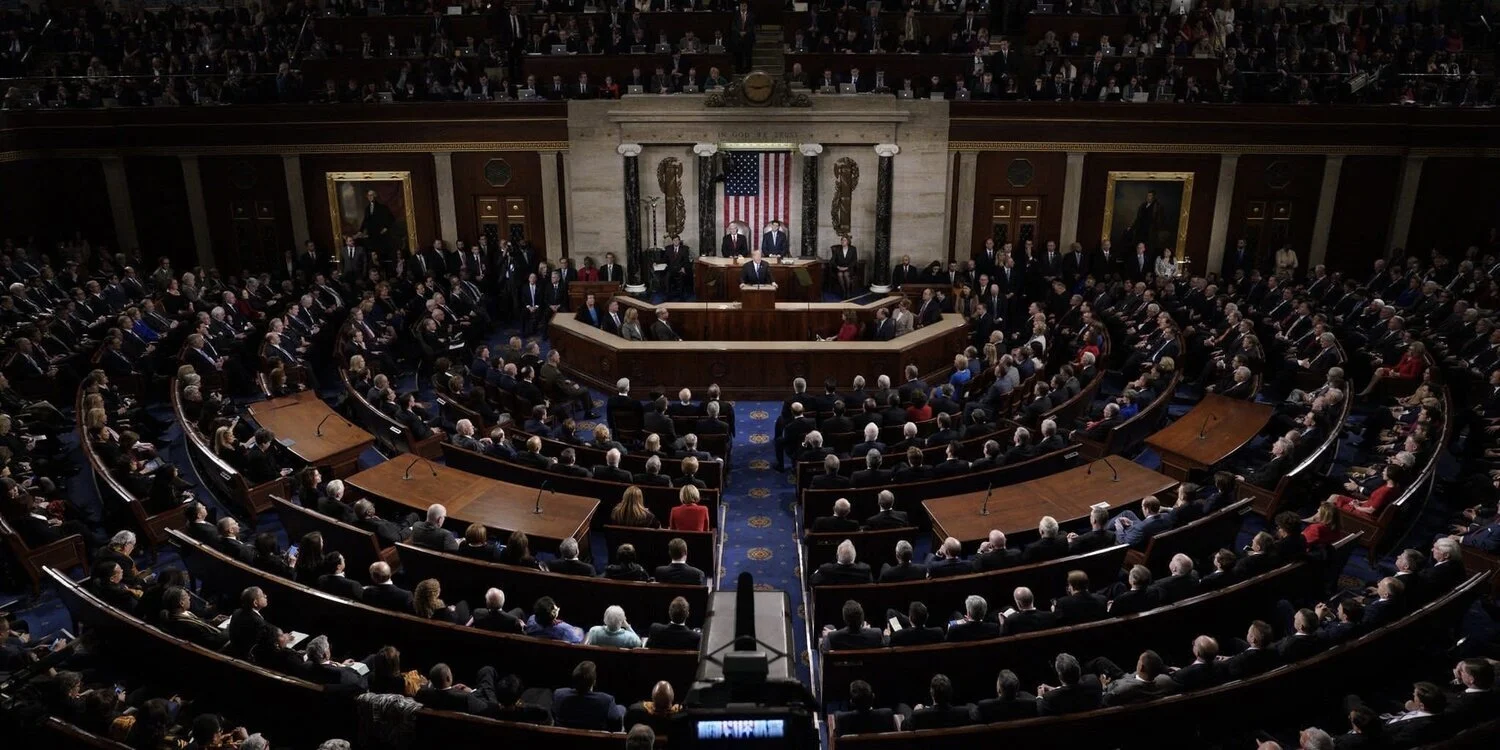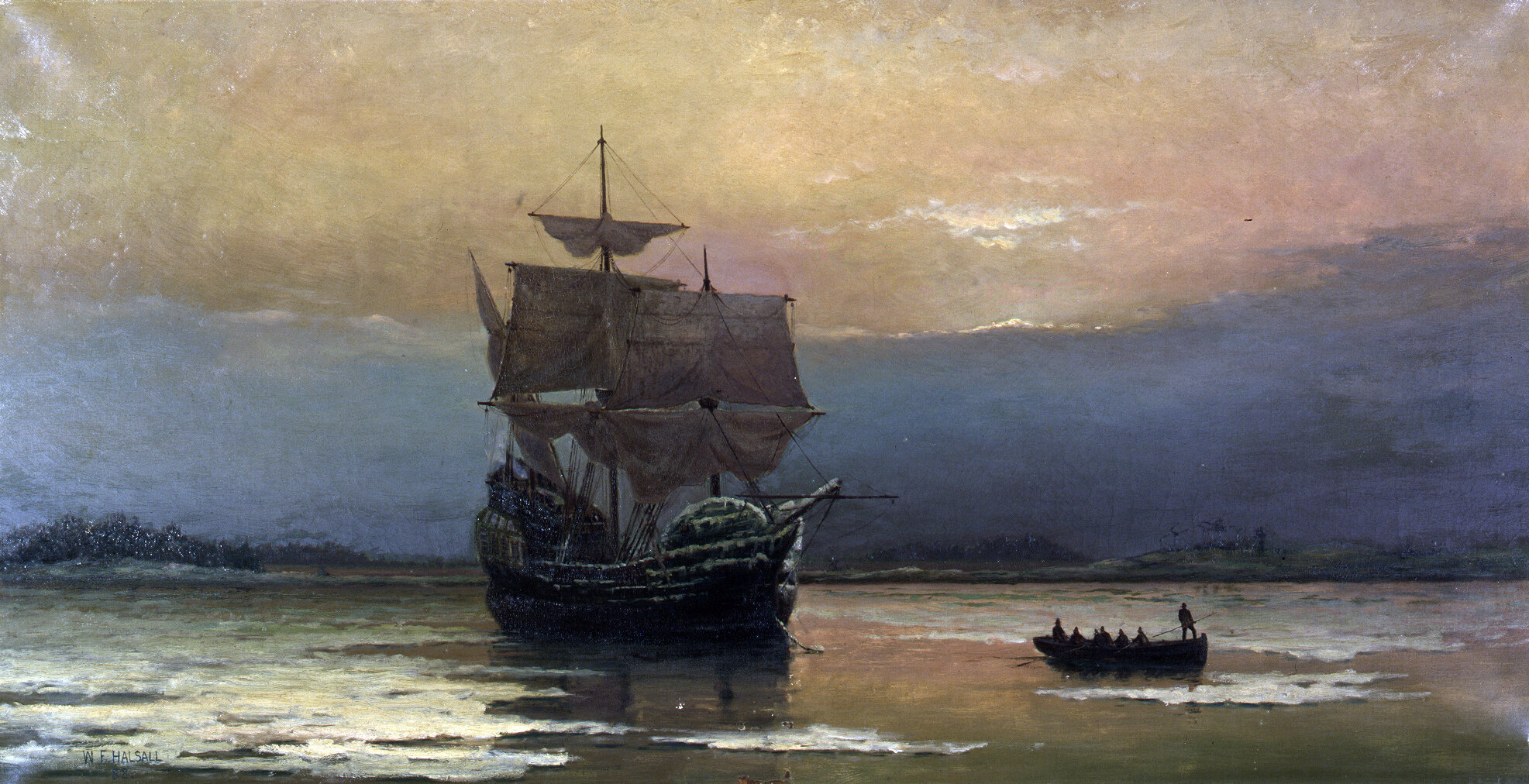Together at the Table
Gathering the Nations in Thanksgiving to God
Join us on Thanksgiving Day 2025 (November 27 @ 9am Eastern Time) as we gather nations together from around the globe in prayer and thanksgiving to our Creator. This time together will portray the body of Christ gathering at a shared table to celebrate ‘The Appointed Times of the Lord’ and exalt His name.
It underscores Thanksgiving as both worship and witness - gathering the nations to enter into His gates with thanksgiving and His courts with praise. A call for believers to remember and proclaim God’s glory and goodness in every land.
The Covenantal Legacy of Pastor John Robinson Remembered
A covenant is a sacred agreement between God and individuals, binding those individuals together before God in a common purpose. The Scrooby Covenant of 1606 was significant because it was a rejection of a worldly and coercive system of social and religious organizations in favor of a covenant between God and man entered by individuals binding themselves together before God through a solemn covenant which they freely acknowledged on behalf of themselves, their families and their heirs.
William Bradford explained it this way:
“ . . . the Lord’s free people joined themselves (by a covenant of the Lord) into a church estate, in the fellowship of the gospel, to walk in all His ways made known or to be made known unto them, according to their best endeavors, whatsoever it should cost them, the Lord assisting them.” (William Bradford, Of Plymouth Plantation, ed Samuel Eliot Morison, p.9)
Fourteen years later, the spirit, foundations and structure of the 1606 covenant were repeated in Provincetown, Harbor, aboard the Mayflower when members of Pastor John Robinson’s congregation, joined by others who would build their new society, covenanted and combined in a “civil body politic,” and “In the name of God, Amen,” to create America’s first great covenant—The Mayflower Compact.
This 1620 Mayflower Compact has correctly been honored as the conception moment for what would ultimately become the United States of America. The Robinson/Scrooby Covenant of 1606 became the model for the covenant of the Mayflower Compact of 1620, which in turn became the model for the Declaration of Independence of 1776.
